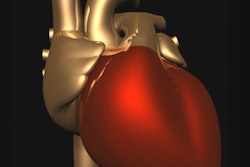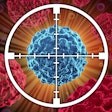Tuesday, November 27 | 10:40 a.m.-10:50 a.m. | SSG02-02 | Room S104B
In this talk, researchers will report that machine learning performs better than the Coronary Artery Disease Reporting and Data System (CAD-RADS) for predicting death and coronary events on coronary CT angiography (CCTA).Existing methods of computing a risk score from CCTA rely on multilinear regression analysis, which might or might not be optimal, according to Dr. Kevin Johnson of Yale University School of Medicine in New Haven, CT.
"Also, existing methods sometimes predesignate features as important, whereas machine learning can sometimes recognize those features without them being predesignated," he said. "An example is that disease in proximal segments increases risk, as opposed to disease in distal segments."
The researchers collected data on risk factors from CCTA studies and scored arteries using CAD-RADS and four other risk-assessment methods. They compared those results with prognostic scores derived from machine-learning algorithms that analyzed the same risk-factor data.
Machine learning predicted death and coronary events more accurately than CAD-RADS, according to the researchers.
"Risk estimation might be improved by using a more flexible method to combine image features into a score," Johnson told AuntMinnie.com.
Get all the details by sitting on this Tuesday morning presentation.





















